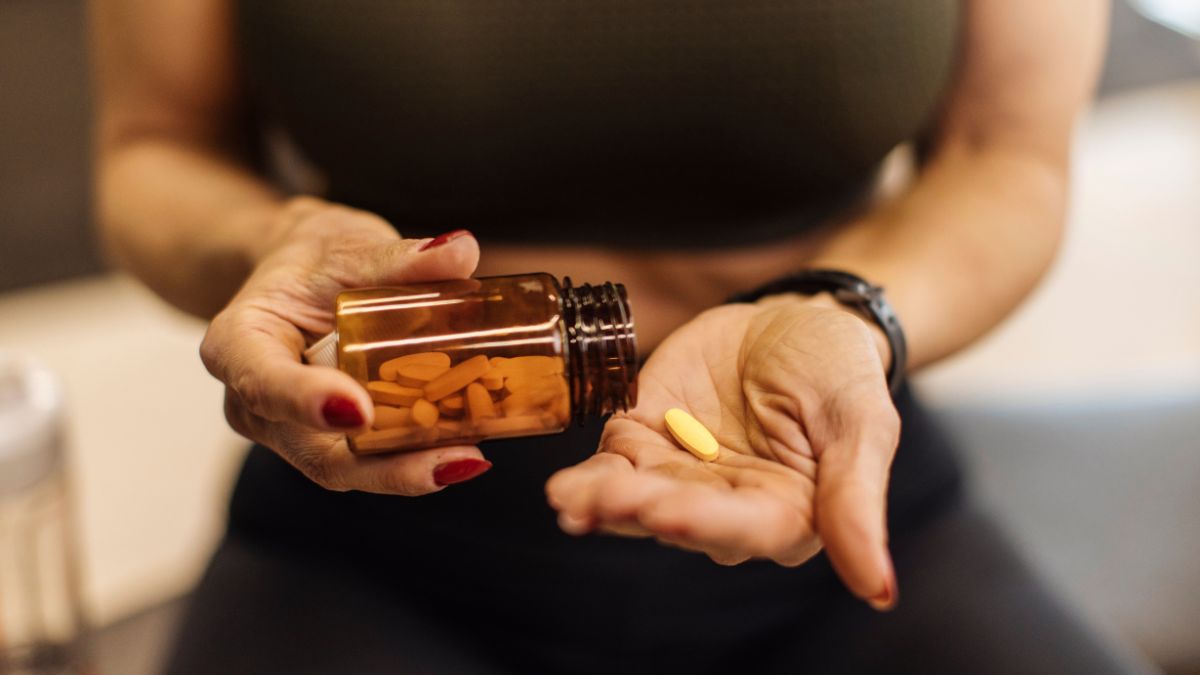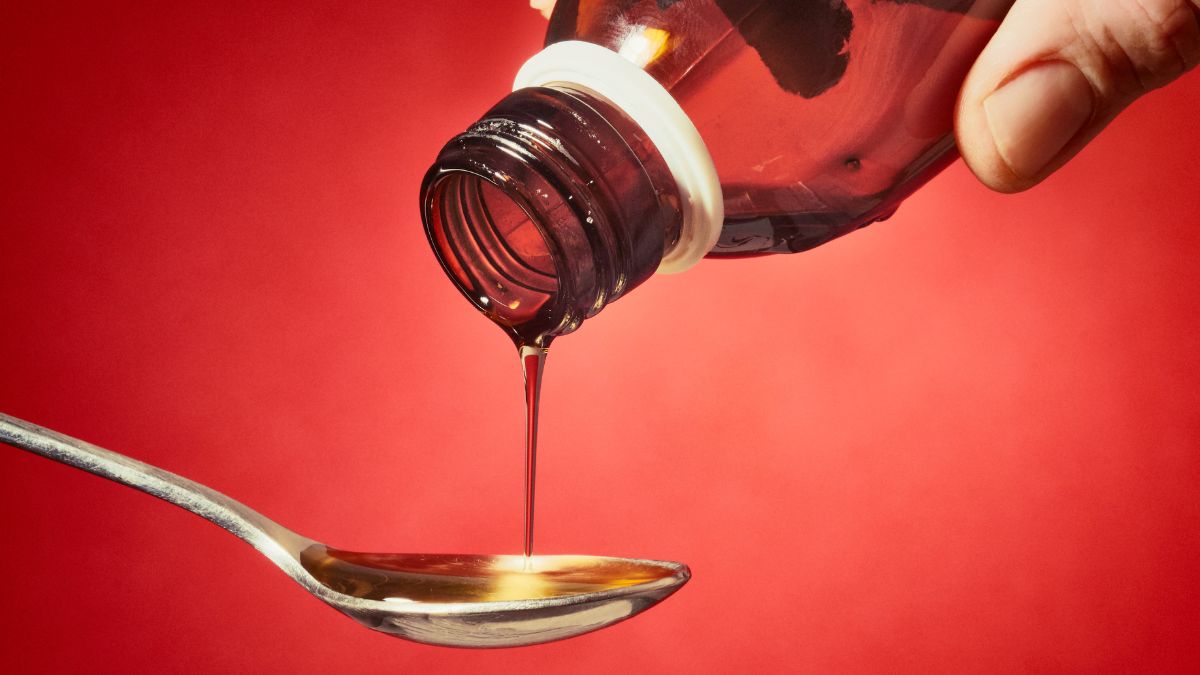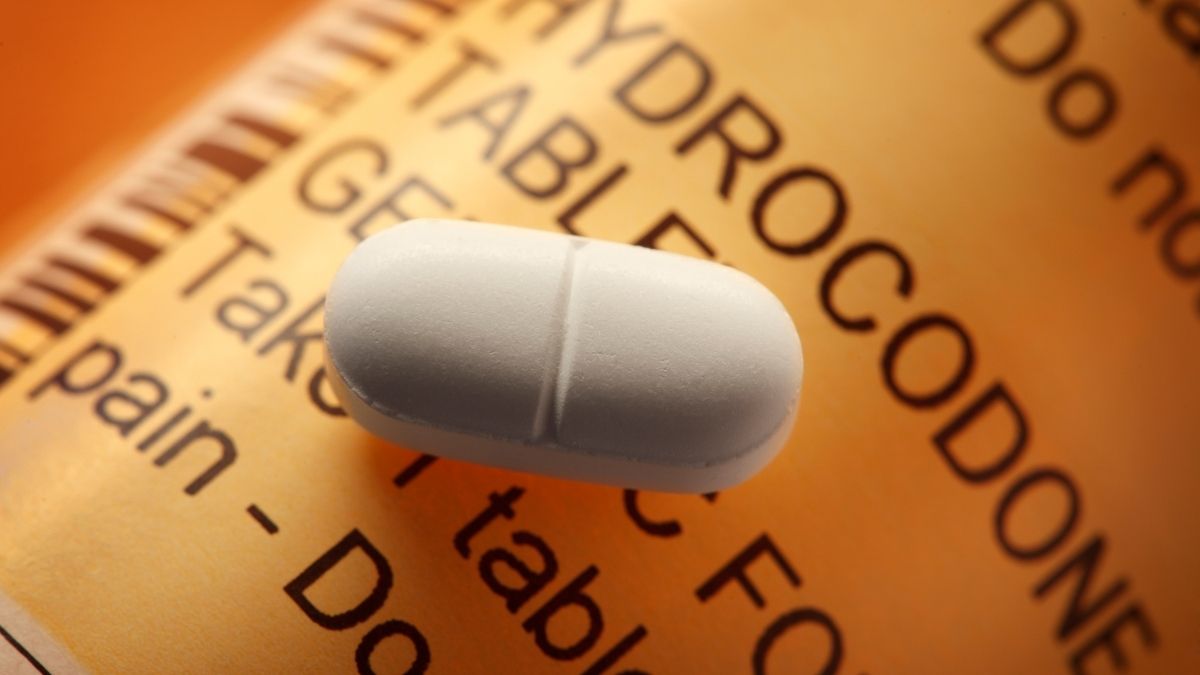Alcohol abuse is notorious for destroying relationships and marriages. A study found that rates of divorce amongst couples with a spouse who has alcohol use disorder are almost 50% higher than couples without an alcoholic spouse.
It is incredibly difficult to put up with alcohol abuse in a marriage as it puts both parties’ mental and, in some cases, physical well-being at risk.
In many cases, alcohol use exacerbates existing relationship problems, along with creating new issues, ultimately resulting in the addict drinking more. This vicious cycle, in many cases, results in divorce. This blog will discuss the relationship between alcohol use disorder and divorce.
What is Alcoholism?
It can be difficult to determine whether or not someone is an alcoholic. Being able to recognize when one’s behavior crosses the line from drinking socially to drinking excessively is important. According to the National Institute on Alcohol Abuse and Alcoholism, alcohol use disorder (AUD) is a medical condition in which someone’s alcohol consumption causes hard or distress. Some symptoms of alcoholism include:
- Loss of control: the inability to control how much one drinks
- Tolerance: the need to drink greater volumes of alcohol in order to feel desired effects
- Craving: a strong compulsion to drink
- Physical dependence: withdrawal symptoms, such as sweating, nausea, shakiness, and more, when alcohol use is stopped
Alcoholism is not only detrimental to the addict, but also to their loved ones. Family members and loved ones often deny or downplay the alcoholic behavior exhibited by the addict. This denial may help manage the consequences of the alcoholic’s use in the short term, but in the long term, denial can cause the addiction to become more severe and can damage your relationship with the addict.
Call Design for Recovery to Begin Your Healing Journey!
Reach out to our team to discuss sober living options and next steps toward a healthier routine.
How Does Alcoholism Affect Marriages?
It’s very difficult to approach a loved one about their addiction, especially as their spouse. More often than not, the individual is reluctant to admit they have a problem until their life becomes unmanageable. Alcoholism puts all daily responsibilities on the back burner and makes drinking the individual’s number one priority. This means that, in a marriage, the addict may begin to lie to their spouse, not care for the kids, neglect their job responsibilities, and more. This all severely damages the relationship between the addict and the spouse. Alcoholism can also cause serious health problems that can take a toll on the relationship. If the addict does not get treatment, the spouse is left to take care of the addict and face the consequences of the addict’s actions.
Living with and loving an addict can be incredibly exhausting and feel like a never-ending battle. Many people find that alcohol changes the person they love into someone else entirely. As well, the addict may no longer be available to their spouse physically or emotionally. These changes, of course, can cause a massive rift within the marriage as it may feel like you are married to a stranger. In some cases, this can make choosing to divorce the addict easier, but, in other cases, it can also make the decision that much more heartbreaking. When someone’s personality completely changes due to alcohol it may feel like you’re mourning a loved one. This takes a significant toll on your mental well-being and your ability to function on a day-to-day basis. Many spouses ask for a divorce because they can no longer handle the mental and physical toll the addict’s use has on themselves and their family.
Signs Your Spouse Needs Intervention Before Divorce
What behaviors signal that your spouse requires urgent intervention? These pre-divorce red flags show alcohol use disorder escalating beyond control, demanding compassionate confrontation.
Recognize these critical warning signs:
- Hiding alcohol stashes or sneaking drinks when alone.
- Frequent blackouts, memory gaps, or "lost time" excuses.
- Rage outbursts or emotional volatility are tied to drinking cycles.
- Neglecting shared finances, missing bills, or secret debt accumulation.
- Repeated broken promises to cut back or quit.
- Physical decline—unexplained bruises, tremors, or health crashes.
- Isolation from family events, friends, or mutual social circles.
These patterns signal deepening addiction, threatening marriage survival. Early intervention through honest conversations or professional guidance can interrupt this trajectory before irreparable damage occurs.
Spouses spotting multiple signs benefit from researching treatment options and support groups immediately.
Contact Design for Recovery Today!
Fill out our quick form to connect with a peer mentor and learn how our sober living community supports accountability, structure, and personal growth in recovery.
How to Divorce an Alcoholic Spouse While Caring for Yourself
Divorcing an addict is a difficult feat and it is important to understand that the process will most likely be heartbreaking and exhausting. You may feel guilty for divorcing your spouse because the abuse was due to their alcoholism and not because they are a bad person. Feelings of guilt are common but are not necessarily an indication that you’ve made the wrong decision.
Make sure to talk to a lawyer because divorcing an alcoholic can be tricky. Find a lawyer that specializes in family law and be honest about how your spouse’s use has caused your relationship to deteriorate. You must have evidence of how the addict’s abuse has negatively impacted your relationship and your overall well-being. Make sure whatever you do, you stay safe and are doing what you believe is best for the situation.
It is important to acknowledge, however, that divorce is not always the best or only option. Of course, if you feel unsafe mentally and/or physically, divorce may be exactly what is needed. That being said, sometimes all the addict needs is an extra push to reach out and get help. If you want to increase the likelihood of the addict seeking treatment, do the research for them. Look into both inpatient and outpatient options as well as sober living alternatives. If your spouse sees that there are different options and that they have some kind of agency, they are more likely to be open to starting treatment.
Addressing Alcoholism at Design for Recovery
Design for Recovery is a sober living in Los Angeles. Design for Recovery offers a structured environment to become more secure in your sobriety. Residents work hard daily to develop new skills, values, and coping mechanisms for approaching life in early recovery.
During this process, residents develop close friendships with their peers and become connected with the Los Angeles recovery community.
Take advantage of Design for Recovery’s safe space to support your sobriety and relationships. At Design for Recovery, we believe that addiction recovery is more than just physically abstaining from substances, but also building a new way of life.
- What is Alcoholism?
- How Does Alcoholism Affect Marriages?
- Signs Your Spouse Needs Intervention Before Divorce
- How to Divorce an Alcoholic Spouse While Caring for Yourself
- Addressing Alcoholism at Design for Recovery
Begin Lasting Sobriety Now!
- Cranford, J. A., Ph.D. (2014, May). DSM-IV Alcohol Dependence and Marital Dissolution: Evidence From the National Epidemiologic Survey on Alcohol and Related Conditions. National Library of Medicine. https://www.ncbi.nlm.nih.gov/pmc/articles/PMC4002864/.
- National Institute on Alcohol Abuse and Alcoholism. (2020). Understanding Alcohol Use Disorder. https://www.niaaa.nih.gov/publications/brochures-and-fact-sheets/understanding-alcohol-use-disorder.
- Leonard, K. E., Ph.D. (1996). Alcohol in the Early Years of Marriage. National Library of Medicine. https://www.ncbi.nlm.nih.gov/pmc/articles/PMC6876512/.
- Marshal, M. P. (2009, June 23). For better or for worse? The effects of alcohol use on marital functioning. National Library of Medicine. https://www.ncbi.nlm.nih.gov/pmc/articles/PMC2700350/.







Written By
David Beasley